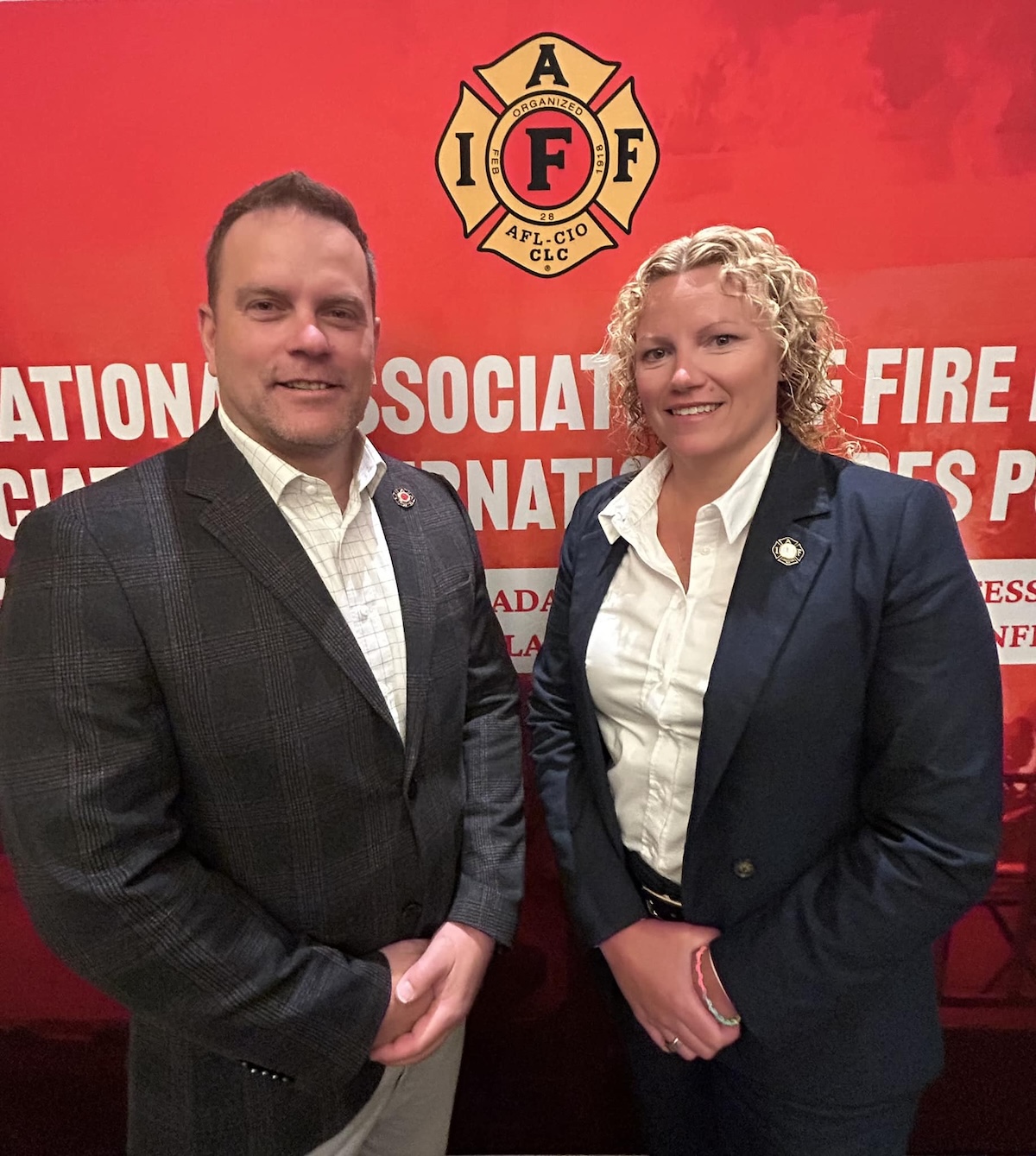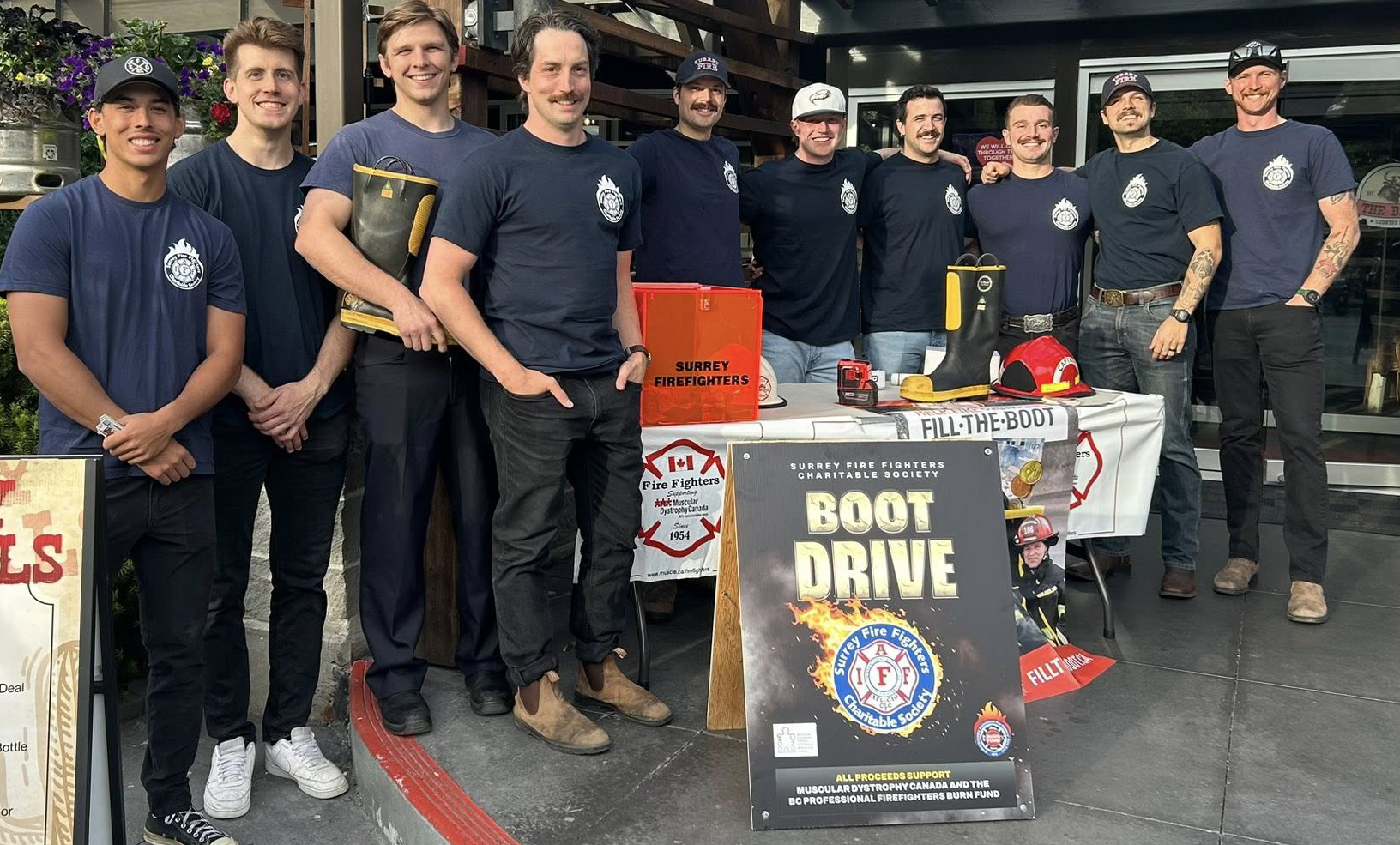Elizabeth Harman, IAFF Assistant to the General President, spoke before the U.S. House of Representatives Subcommittee on Railroads, Pipelines, and Hazardous Materials April 2 about crude oil, how it is transported safely, the level of training fire fighters have and should receive and the need to update standards for testing crude in light of several oil-by-rail mishaps.
Existing hazardous material rules require testing for the initial boiling point of crude oil and the liquid’s flash point (the temperature at which it will combust with a spark), but the rules do not require a test for pressure, and some lawmakers say that is a blind spot in the regulations that should be addressed.
For emergency-responders, hazardous materials under pressure pose a higher risk. “For us, we need to understand the material in that container, whether on the road or on the rail,” said Harman. “I need to know the vapor pressure, the flammability.”
Fire departments in the United States receive more than 350,000 calls related to hazmat response each year. “The individuals tasked with responding to the incident are, almost without fail, fire fighters,” said Harman. “Unfortunately, despite the potential for such an incident in every community in America, too many fire fighters are insufficiently trained to ensure a safe and effective response.”
The reasons for the lack of properly-trained fire fighters vary, although for the most part it is simply a lack of funding. “In tight budgetary environments, training is often among the first items to be cut,” Harman said. “Unfortunately, the lack of adequately trained personnel means that there are significant portions of the country where first responders are not prepared for an incident involving hazmat, an untenable situation which must be rectified.”
The American Petroleum Institute (API) convened industry experts to develop new testing standards in a move that could help regulators, according to the Department of Transportation’s (DOT) Pipeline and Hazardous Materials Safety Administration.
API says it is intent on aiding officials who want answers about the kinds of oil-by-rail cargo shipments that have recently derailed and led to dramatic explosions.
Most notably a 74-car runaway train carrying crude oil from North Dakota’s Bakken region detonated in Lac-Megantic, Quebec, last July, killing 47 people.
Cynthia Quarterman, who oversees oil-by-rail shipments as head of the Pipeline and Hazardous Materials Safety Administration, faulted API for not sharing data about past oil-by-rail shipments out of North Dakota’s Bakken energy patch. She says the trade group “has not supplied any data with respect to the characteristics of the crude and one would think that they would know.”
Several lawmakers said that they expect the industry to share what it knows about the kinds of shipments now under scrutiny.
“I’ve pushed both industry and the Department of Transportation to work together on this,” said Senator Heidi Heidkamp whose home state of North Dakota is nearing 1 million barrels per day of production with roughly 72 percent of that moving on the tracks.
The IAFF receives an annual grant to train instructors to deliver hazardous materials training to emergency responders nationwide, in communities of all sizes. This training is the best model for training fire fighters (at no cost to them) to respond safely and effectively to real-world hazmat incidents.


